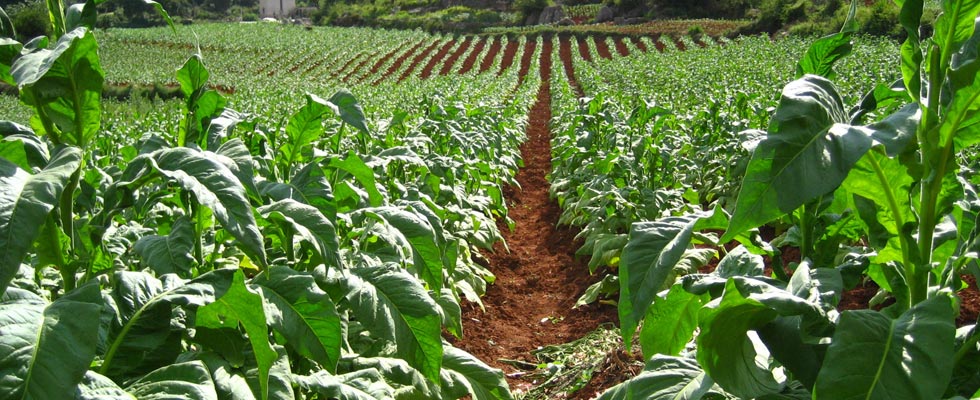
Statements by Zimbabwe Commercial Farmers’ Union president Wonder Chabikwa that government has failed to fund winter wheat production for the 2013 season are very disturbing.
NewsDay Editorial
This means the country, once a breadbasket for the region which used to rely on agriculture as the mainstay of the economy, will still continue to rely on imports, a disturbing fact for any Zimbabwean.
According to Chabikwa, farmers to date had only planted 2 000 hectares of wheat as compared to 4 000 hectares planted in 2012, laying bare the painstaking fact that imports of wheat are unavoidable in a country with an annual wheat consumption of 450 000 tonnes.
There is no doubt that the government should prioritise agricultural production, but expecting it to provide funding is expecting too much.
This brings to the fore the real problem Zimbabwean farmers are facing — the issue of security.
If the government is serious about agriculture and wants the sector to grow to its former glory, the issue of property rights should be addressed so that farmers are able to use the land as security to secure funding.
Since 2000 when government launched the disastrous land reform programme, land ownership laws have not been crafted to help farmers, but disempower them.
- Chamisa under fire over US$120K donation
- Mavhunga puts DeMbare into Chibuku quarterfinals
- Pension funds bet on Cabora Bassa oilfields
- Councils defy govt fire tender directive
Keep Reading
The current high food import bill being incurred by the country has painted a gloomy picture of the land reform that was initiated by President Robert Mugabe and his Zanu PF under the guise of empowering the long-disadvantaged black Zimbabweans, with banks resisting funding farmers because there would be no security should that farmer lose his piece of land.
The current laws empower the Lands minister to use his discretion to repossess land at will, giving a notice of only seven days.
Under such conditions, it will be foolhardy for banks to use depositors’ funds to give to farmers where there is no guarantee that the money would be paid back.
It is for the same reasons that maize farmers have also failed to access funding, exposing the country to serious food challenges.
For over a decade now, the once viable agricultural industry has been reduced to a charity case relying on Presidential input programmes and donors.
For how long should Zimbabwe’s food security remain in doubt?
The government should move with speed to resolve the chaos in land redistribution and offer 99-year leases to farmers so that they can use the pieces of land as collateral security and access funds from banks.
It should take the first step by making the pieces of land parcelled out to new farmers bankable.
Without that, the country will remain trapped in a cycle of food deficits.











